Contrary to popular opinion, science’s core belief is not to confirm but to challenge and disprove existing theories. This is at the heart of scientific breakthrough and progress. By critically examining and pointing out defective theories through scientific methods, we can make progress towards discovering the truth. Having said that, there are countless subjects that continue to puzzle us. Some of these have initial hypotheses, but the ultimate finding is still awaited. Here are 25 of these fascinating subjects that scientists have not fully unraveled yet.

Featured Image: https://commons.wikimedia.org (public domain)
Nutrition
 Source: wikipedia, Image: https://pixabay.com (public domain)
Source: wikipedia, Image: https://pixabay.com (public domain) Although we have a general idea of what is good and what is bad, the science is still a work in progress. (Just consider how we updated the food pyramid!)
What the core of the Earth is made of
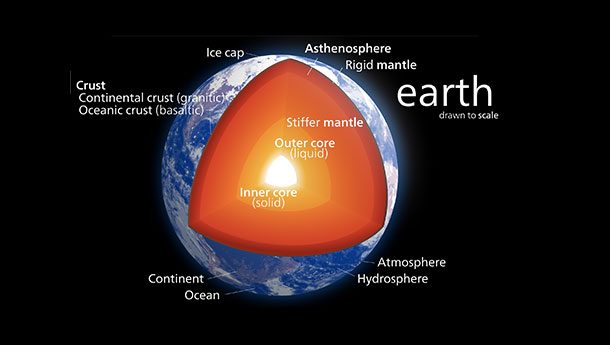 Source: wikipedia,
Source: wikipedia, We know the inner core is solid and the outer core is liquid, and we’re pretty sure that they consist mostly of nickel and iron…but we’ve never sampled it.
e vs pi
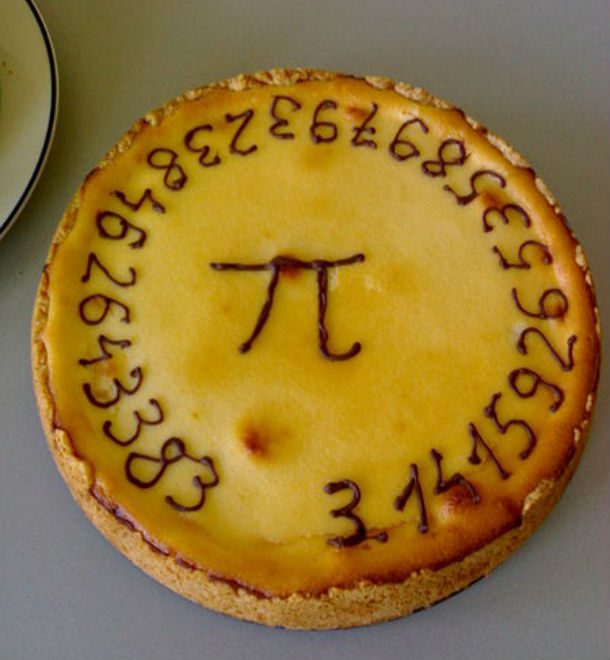 Source: wikipedia, Image: https://commons.wikimedia.org (public domain)
Source: wikipedia, Image: https://commons.wikimedia.org (public domain) Although we know that both e and pi are irrational, it hasn’t been mathematically proven whether e + pi is irrational. To make things more interesting, we also don’t know if e * pi is irrational. But we know that one of them must be.
Why we yawn
 Source: wikipedia, Image: https://pixabay.com (public domain)
Source: wikipedia, Image: https://pixabay.com (public domain) Nobody is completely sure why. Sure, we’re tired. But why does that cause us to yawn, and what does yawning do for us? Scientists are still working to figure this out although there are a couple theories out there.
What causes Earth’s magnetic field
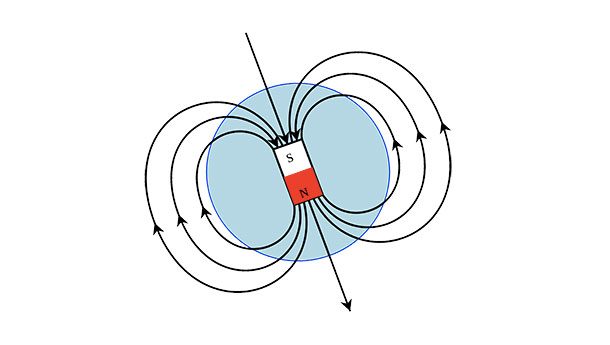 Source: wikipedia
Source: wikipedia We don’t know how the outer core produces it, and we have no clue why it flips every now and then. In fact, we know more about the inside of the Sun than we do the Earth.
Whether fingerprints are unique
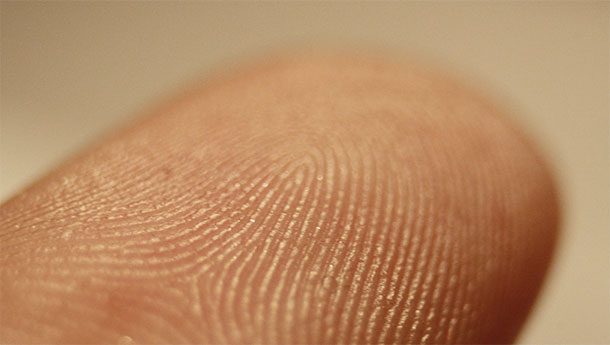 Source: wikipedia
Source: wikipedia People have even been shown to have fingerprints that are so similar, scanners couldn’t tell the difference. So do we really all have unique fingerprints? It’s still an open question.
The Mcclintock Effect
 Source: wikipedia, Image: https://pixabay.com (public domain)
Source: wikipedia, Image: https://pixabay.com (public domain) This is the name given to the phenomenon of women living together having their menstrual cycles sync up. Apart from a discredited study in the 70’s, there is no scientific evidence of this.
Sugar causing hyperactivity
 Source: wikipedia, Image: https://pixabay.com (public domain)
Source: wikipedia, Image: https://pixabay.com (public domain) There is actually a lot of evidence now that sugar has no effect on hyperactivity. It’s mostly expectation bias.
Why we sleep
 Source: wikipedia, Image: http://www.publicdomainpictures.net (public domain)
Source: wikipedia, Image: http://www.publicdomainpictures.net (public domain) We actually aren’t sure why we sleep. We definitely don’t exert ourselves enough to require 8 hours of rest per day, so it’s not quite as simple as it seems.
Lie detectors
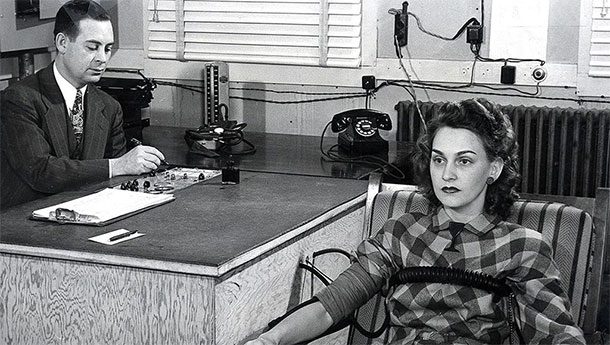 Source: wikipedia, Image: https://en.wikipedia.org (public domain)
Source: wikipedia, Image: https://en.wikipedia.org (public domain) There is actually a lot of resistance to polygraphs in the forensic community because there is no scientific evidence that they work.
The Moon
 Source: space, Image: http://www.freestockphotos.biz (public domain)
Source: space, Image: http://www.freestockphotos.biz (public domain) While there are a lot of theories, we’re still not completely sure as to why the Earth has such a large moon. In fact, if the Earth didn’t have such a moon, its axial swings would be far more extreme, even to the point of preventing life. As it stands, a large stabilizing moon like ours is potentially very rare in the universe.
Note: the prevalent explanation as to the formation of the moon is the giant-impact hypothesis. It is exactly what it sounds like. Something smashed into Earth, released debris, and that debris formed the moon.
Black holes
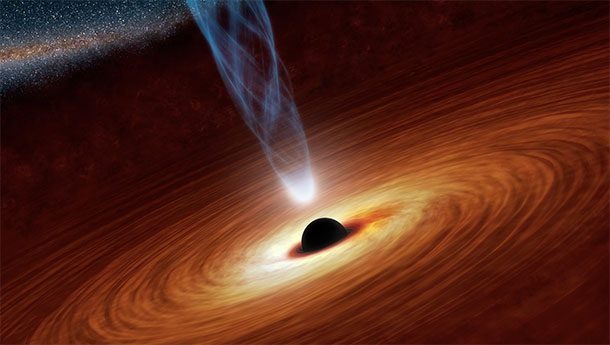 Source: wikipedia, Image: https://commons.wikimedia.org (public domain)
Source: wikipedia, Image: https://commons.wikimedia.org (public domain) As in, we know they should exist theoretically, but nobody has yet conclusively proven it. In order to do so, you would have to show that a certain amount of mass exists within a given radius (known as the Schwarzchild radius). It’s a good candidate for the Nobel Prize!
Shower-curtain effect
 Source: wikipedia,
Source: wikipedia, This is when your shower curtain billows up at the bottom. Surprisingly enough, while there are several possible theories, there is no consensus as to why this happens.
Whether aspartame causes cancer
 Source: wikipedia, Image: https://www.flickr.com (public domain)
Source: wikipedia, Image: https://www.flickr.com (public domain) The study that “proved” this has been debunked. And what’s more, the study in question was funded by the sugar industry.
The benefits of vitamin C during a cold
 Source: webmd
Source: webmd There is evidence that vitamin C doesn’t actually do much. It’s healthy of course, and could prevent you from getting colds, but once you already have a cold…the jury is still out.
Pain
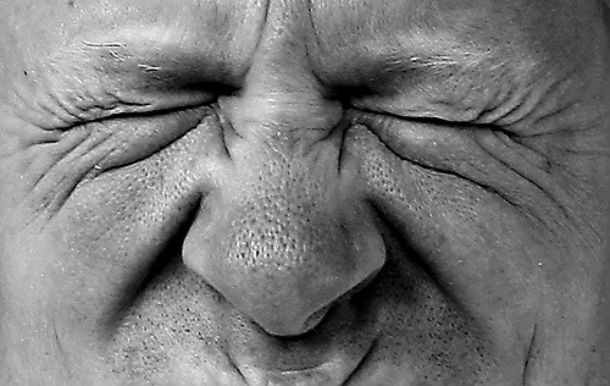 Source: webmd
Source: webmd We’re still not sure how to objectively measure it!
Moving sofa problem
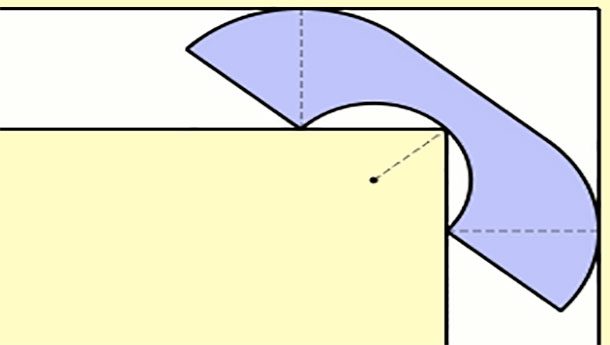 Source: wikipedia
Source: wikipedia We still cannot mathematically determine the maximum size of a curved couch that can fit around a corner in a hallway. It may sound dumb/trivial, but if you look into this, it’s quite interesting.
Ice
 Source: wikipedia
Source: wikipedia We don’t actually know why it is slippery. Well, sort of. We know that a thin layer of liquid on the surface of the ice causes the slipperiness; we’re just not sure why ice develops this layer and other solids don’t. There are several hypothesis that all deal with density, pressure, and lowered melting points, but there is no consensus as of yet!
How anesthetics work
 Source: wikipedia, Image: https://commons.wikimedia.org (public domain)
Source: wikipedia, Image: https://commons.wikimedia.org (public domain) Well, some of them at least (like Nitrous oxide). The question is, do they actually prevent us from experiencing the pain of surgery? Or do they just prevent us from remembering it…
How bikes work
 Source: wikipedia
Source: wikipedia Here’s another one that sounds dumb, but it’s a bit of a dilemma in physics. We know some of the math, but we still don’t understand the exact mechanism that causes acceleration to stabilize the bike.
Consciousness
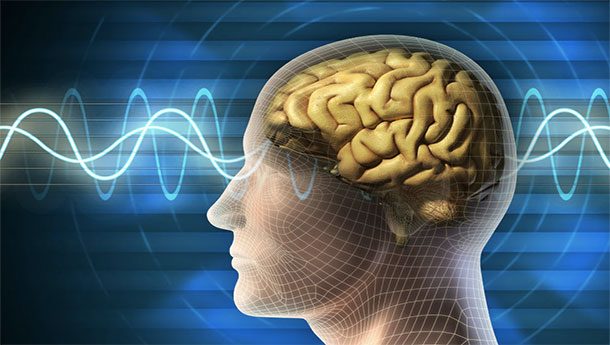 Source: wikipedia
Source: wikipedia We’re not even sure what it is, much less how to prove it.
Gravity
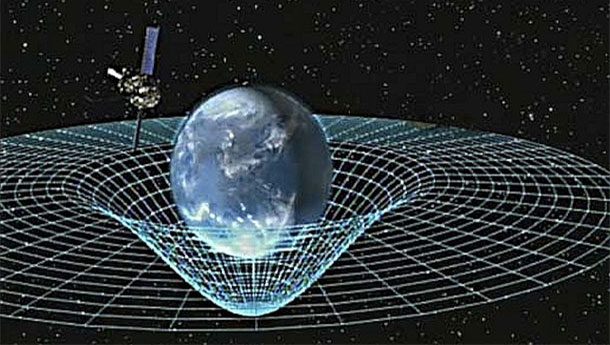 Source: wikipedia, Image: https://commons.wikimedia.org (public domain)
Source: wikipedia, Image: https://commons.wikimedia.org (public domain) Of course, we know that it works. We just don’t know how it works. Specifically, we don’t know how the particles that influence gravity (gravitons) work.
Magnets
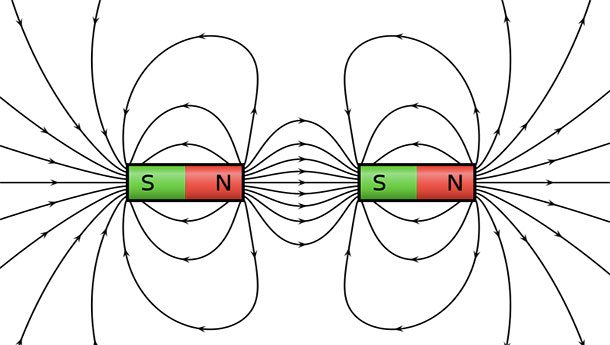 Source: wikipedia
Source: wikipedia The exact mechanism by which magnetism works is still not fully understood.
How antidepressants work
 Source: wikipedia, Image: https://pixabay.com (public domain)
Source: wikipedia, Image: https://pixabay.com (public domain) Just like with gravitons, we know that antidepressants work, we just don’t know how. The brain is spectacularly complex and there is still a lot of work to be done in understanding it.
How electricity moves through a medium
 Source: wikipedia
Source: wikipedia Yes, it is electron flow. And there are several theories as to how this flow occurs, but we don’t know which is correct.
Photos: 24. Kelvinsong via wikimedia commons, 21. TStein via wikimedia commons, 20. Frettie via wikimedia commons, 13. wicker paradise via flickr, 11. Max Pixel, 10. Scott Robinson via flickr, 9. Claudio Rocchini via wikimedia commons, 8. Ian Mackenzie via flickr, 6. Mariordo (Mario Roberto Durán Ortiz) via wikimedia commons, 5. Davidboyashi via wikimedia commons, 3. Geek3 via wikimedia commons, 1. M.O. Stevens via wikimedia commons



























